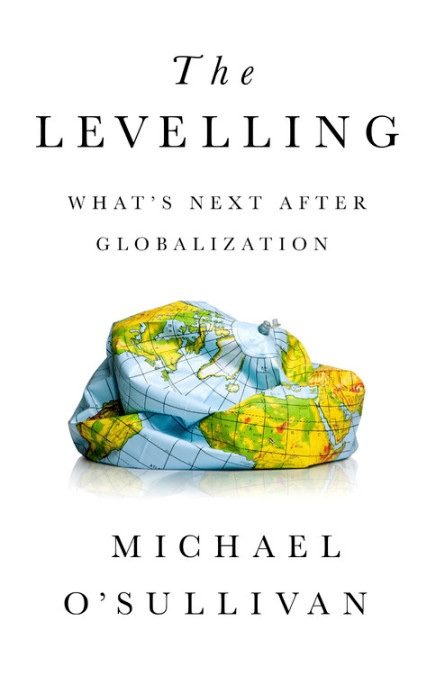
‘The euro is like a bumblebee. This is a mystery of nature because it shouldn’t fly but instead it does…after the financial crisis…the bumblebee would have to graduate to a real bee’ Mario Draghi, London 26/7/2012.
Mario Draghi’s ‘bumblebee thesis’ of the euro never got the attention it deserved, largely because a few minutes later in his speech he mouthed the words that he was ‘ready to do whatever it takes’, adding ‘believe me, it will be enough’.
That Draghi went from David Attenborough to Dirty Harry in a few minutes arguably saved the euro and transformed the ECB into a giant monetary battleship whose financial vortex swallowed all credit risk across the euro-zone.
Like Ben Bernanke in the USA, Draghi’s launching of an emergency policy also launched a mindset. In the USA Janet Yellen, and then Christine Lagarde in Frankfurt carried on down the road of intervention. As a result, Greece and Portugal no longer (for the moment) have to worry about paying interest on new government debt issues, whilst France has investors queuing up to pay it for the pleasure of partaking of its vast debt mountain (10 year yield of minus 0.25%).
Draghi’s ‘do whatever it takes’ became the glue that held the euro-zone together – to the extent that the coronavirus crisis failed to create another existential crisis of the euro. However, another side-effect of the ECB’s bond buying program is that it took the pressure off governments to enact the economic reforms that are much talked about in Brussels. Partly because of this eurozone capital markets reform has stalled, its banking sector is relatively weak (as evidenced in valuations) and most troubling of all, the trend growth rate of the euro-zone is too low for comfort.
Italy is a case in point. It is often excoriated by critics in London, Brussels or Berlin for its lack of reforms – the same critics often ignore the suppleness of the Italian political system, the relative steadiness of its fiscal situation and the strength and dynamism of the northern Italian economy. Having said that Italy is not regarded as a model to follow.
What is astonishing then, is the willingness of Mr Draghi to dive into the marmite of Italian politics, and in a way take on the consequences of his own monetary actions in accepting the mandate to become Italian Prime Minster (Yellen has done the same in the US). Though, at the time of writing he has not yet found the support to form a government, his move is a brave one.
It is also a great opportunity for Italy, and Europe. Mr Draghi is very capable (holding a PhD from MIT where former PM Conte had ‘refined his education’ near but not at New York University).
Draghi is also a leader, having manifestly convinced close colleagues, European leaders and many others to share his monetary odyssey. In a previous note I wondered if he might return to Italy to manage AS Roma or become President. The role of Prime Minister seems beneath him and it should be said, risky.
Italy has a history of having many prime ministers (now 30 in the last 73 years, and 37 from 1861 to 1921), with some of them like Mario Monti taking the role as a non-political technocrat. Part of me thinks that politics is no place for gentle technocrats, not perhaps for successful businesspeople (Silvio Berlusconi of course is the exception here).
In that way, Draghi will have to cultivate a style that sees him rise above the rise of everyday politics, not to mention the many populists amongst them, and try to connect with everyday Italians. I am no expert on Italian life but like many countries edging towards the end of the tragic COVID crisis, its people are in need of leadership and, an economic recovery. Again, my naïve, non-Italian perspective is that they can not do better than Draghi.
If Draghi had a policy wish list it might go as follows – boost the trend level of economic growth across Italy, upgrade its education system from schools to universities and transform Italy’s foreign policy stance to one that is less Russia friendly, more involved with Mediterranean neighbours like Greece.
His appointment may also help to mend Italy’s relationship with Brussels, by ensuring that it is represented by one of the most credible European politicians. Moreover, as the post Merkel era approaches, Draghi can become the dominant leader on the European political scene – he took over the Italian Treasury when Emmanuel Macron was a 14 year old school boy.
So, the surprise of 2021 could be Draghi (again) and a renaissance for Italy? I wish him the best of luck.
Have a great week ahead,
Mike
